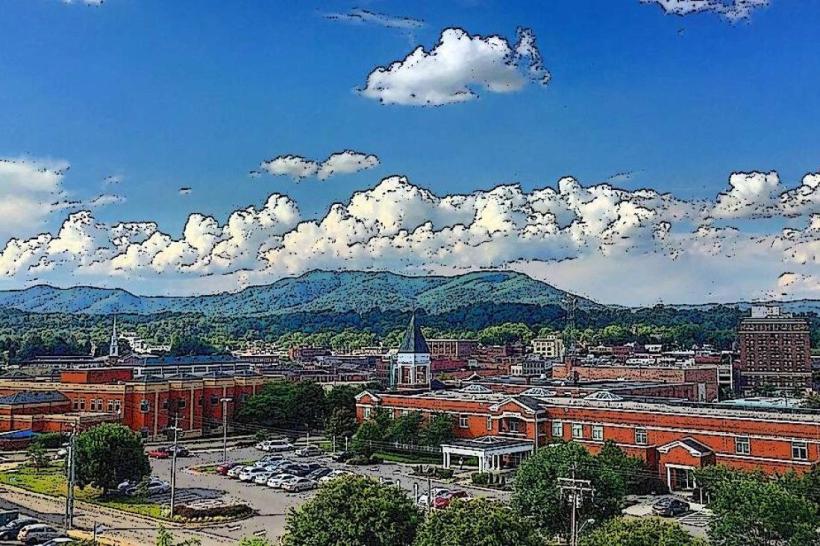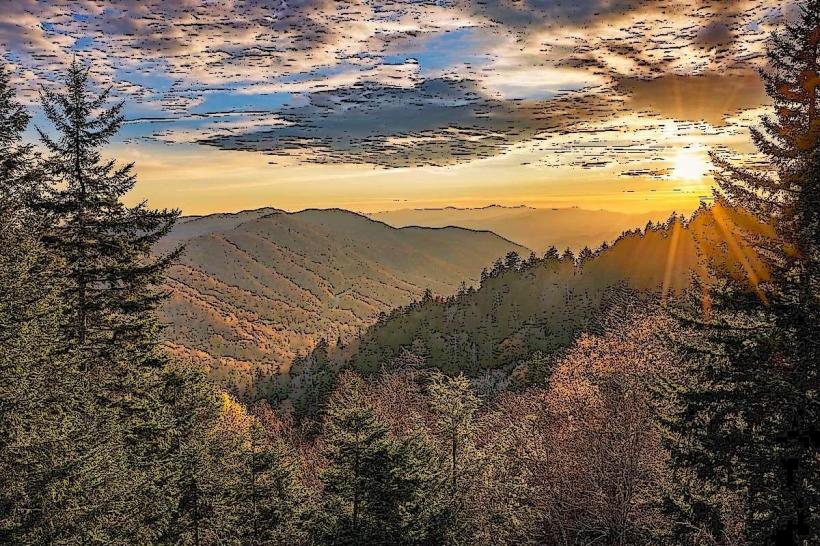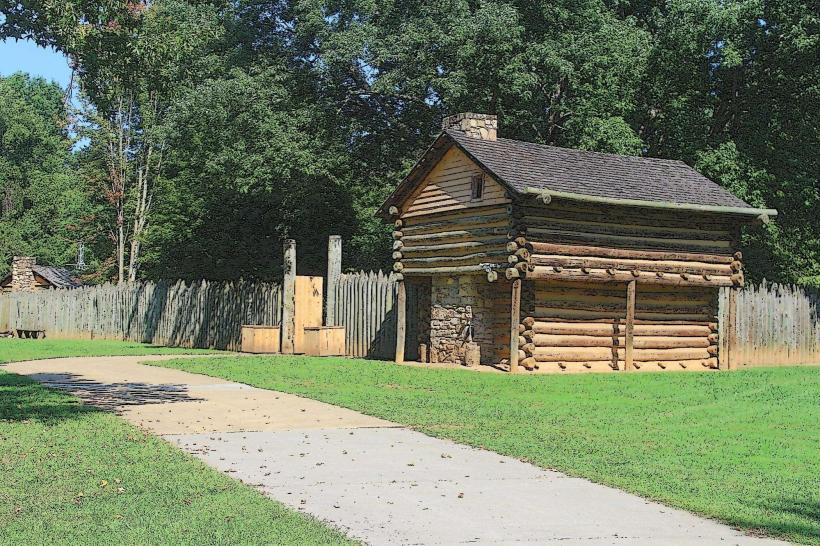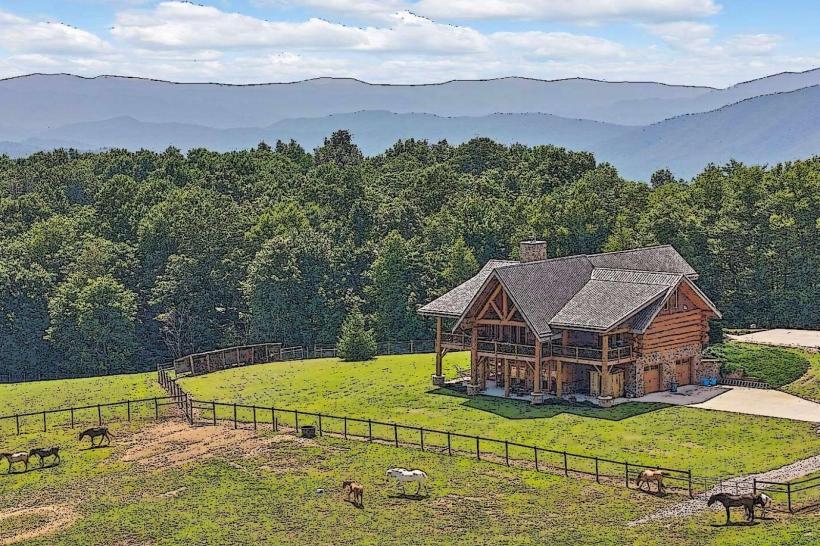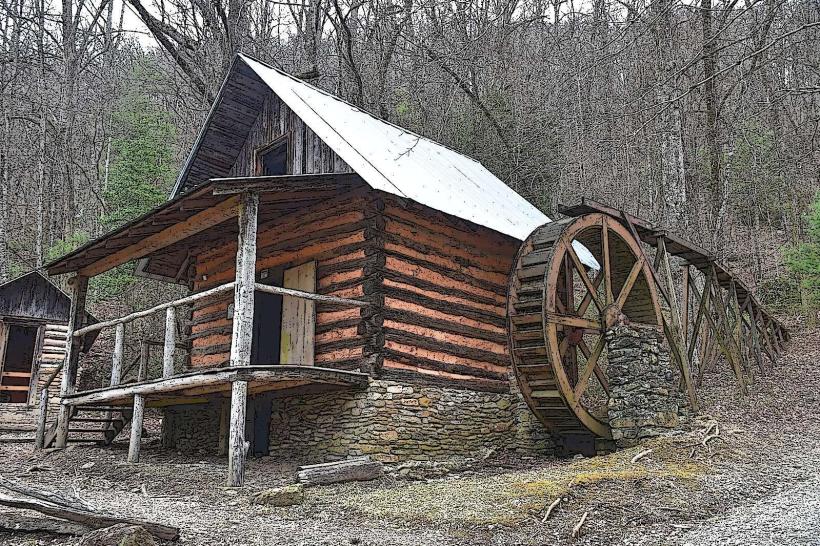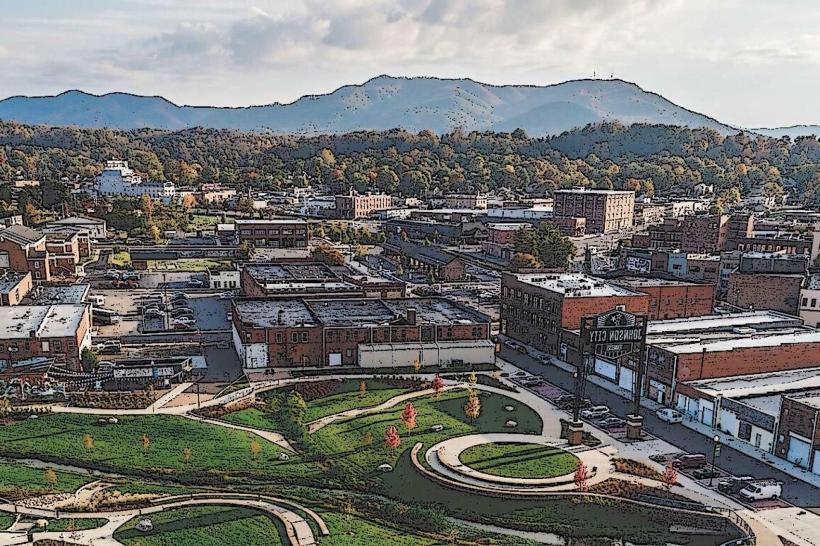Information
City: Johnson CityCountry: USA Tennessee
Continent: North America
Johnson City, USA Tennessee, North America
Johnson City is an independent city located in Washington, Carter, and Sullivan counties in the northeastern corner of Tennessee. Part of the "Tri-Cities" region, it is defined by its role as a regional healthcare and educational hub, its proximity to the Blue Ridge Mountains, and its transition from a historic railway junction into a vibrant center for outdoor recreation and craft brewing.
Historical Timeline
Inhabited by the Cherokee people for millennia. Primary governance eras include its mid-19th century founding as a rail depot known as "Haynesville" and its 1869 incorporation as Johnson City. A critical historical event was the city's growth as a major rail hub for the East Tennessee and Western North Carolina Railroad (the "Tweetsie"). During the Prohibition era, it gained the nickname "Little Chicago" due to its rumored role as a distribution point for Al Capone’s organized crime syndicate. The 21st century has been characterized by the massive expansion of East Tennessee State University (ETSU) and the redevelopment of its downtown industrial districts.
Demographics & Population
The population is approximately 73,000 (Metro area ~200,000). The demographics are White (83%), Black or African American (6%), Hispanic or Latino (5%), and Asian (2%). The city has a high concentration of medical professionals due to the presence of the Quillen College of Medicine and several regional hospitals, alongside a large student population.
Urban Layout & Key Districts
Johnson City is characterized by an undulating Appalachian landscape and a revitalized urban core.
Downtown: The historic center, featuring "Founders Park," the "Blue Plum" district, and a high density of breweries and independent restaurants.
Tree Streets: A historic residential district adjacent to the university known for its gridded layout and early 20th-century architecture.
North Johnson City: The primary commercial and retail hub, housing the Mall at Johnson City and large-scale residential developments.
West Walnut Street: An area currently undergoing significant redevelopment to connect the university campus with the downtown core.
Boones Creek: A rapidly growing suburban and commercial area in the northern sector of the city.
Top City Landmarks
Tannery Knobs Urban Mountain Bike Park: A premier park offering professional-grade trails with direct views of the city skyline.
Founders Park: A 5-acre urban park and amphitheater that serves as the centerpiece for downtown festivals.
Yee-Haw Brewing Co. / Tweetsie Trail: The trailhead for a 16-km (10-mile) rail-trail connecting Johnson City to Elizabethton.
Tipton-Haynes Historic Site: A 45-acre site documenting colonial and Civil War history in Northeast Tennessee.
Hands On! Discovery Center: A major regional science museum located near the Gray Fossil Site.
Gray Fossil Site: A world-class paleontological site featuring 5-million-year-old Neogene fossils found within the city limits.
Transportation Network
Movement is automotive-dependent. Public transit is serviced by the Johnson City Transit (JCT) bus system. The city is bisected by I-26 and US-11E. Commercial air service is via Tri-Cities Airport (TRI), 25 km north. Ride-sharing is universal. Traffic density is moderate, with peak congestion occurring on North Roan Street and near the ETSU campus during university events.
Safety & "Red Zones"
The general safety level is moderate. Property crime, specifically "theft from auto" near trailheads and student housing, is the primary issue. Caution is advised at night in parts of the West Side and specific blocks near the downtown periphery due to localized narcotics activity. There are no officially designated "red zones." Environmental hazards include rapid weather changes in the mountains and localized flash flooding in low-lying areas during heavy rain.
Digital & Financial Infrastructure
Internet speeds average 400+ Mbps with fiber availability via Brightspeed and Xfinity. Main mobile carriers are Verizon and AT&T. Card acceptance is universal. ATMs are concentrated in the Downtown and North Johnson City retail corridors.
Climate & Air Quality
Temperatures range from -3°C to 8°C in winter and 18°C to 29°C in summer. The city benefits from a "four-season" climate with significantly cooler summers than West Tennessee due to elevation. Air quality is high, though it can be impacted by seasonal pollen and wood smoke in the valley.
Culture & Social Norms
The standard tipping percentage is 18–25%. A handshake or a "friendly wave" is the standard greeting. Dress codes are "Mountain-Casual" or "Academic-Pragmatic." The city is culturally defined by its Bluegrass heritage (home to the ETSU Bluegrass, Old-Time, and Roots Music program), its thriving "Brewery Circuit," and its identity as a base camp for the Appalachian Trail.
Accommodation Zones
North Johnson City (I-26): Recommended for national hotel chains and retail access.
Downtown: Recommended for boutique lofts and proximity to nightlife.
Boones Creek: Recommended for quieter, suburban stays.
Local Cost Index
1 Espresso: $4.25 (USD)
1 Standard Lunch: $15.00 (USD)
1 Craft Pint: $6.00–$8.00 (USD).
Nearby Day Trips
Asheville, NC: (90 km south via I-26).
Roan Mountain State Park: (35 km southeast; world-famous rhododendron gardens).
Bristol Motor Speedway: (30 km north).
Facts & Legends
Johnson City is the birthplace of the original "Mountain Dew" recipe (distinct from the Knoxville version). Historically, it was the location where the state of Franklin (a failed 14th state) was headquartered nearby. A local legend involves the "Little Chicago Tunnels," rumored underground passages used by bootleggers to move moonshine into the downtown hotels. Another legend concerns the "Tweetsie Ghost Train," rumors of an ethereal locomotive heard on the old rail lines during foggy autumn nights.

